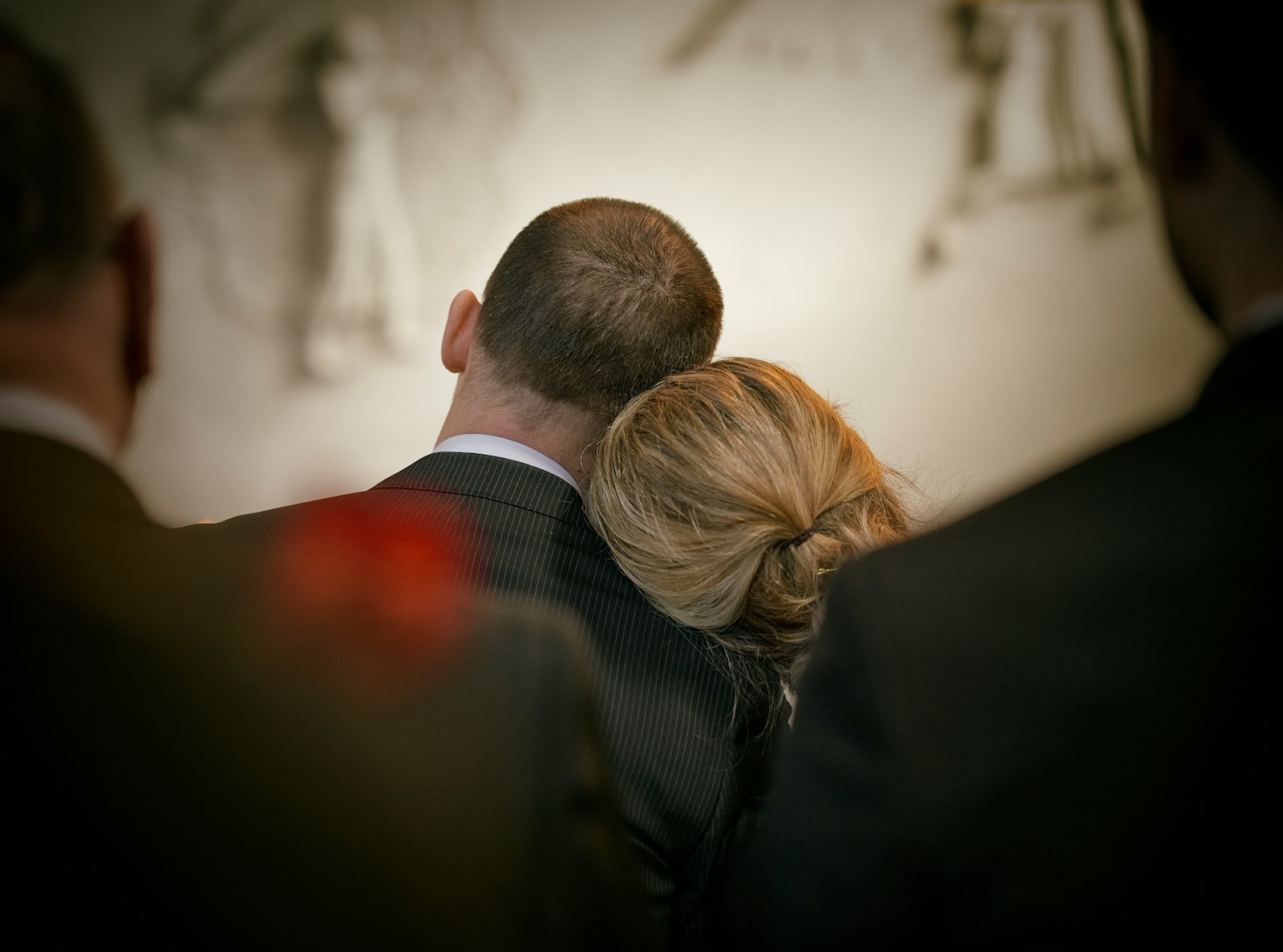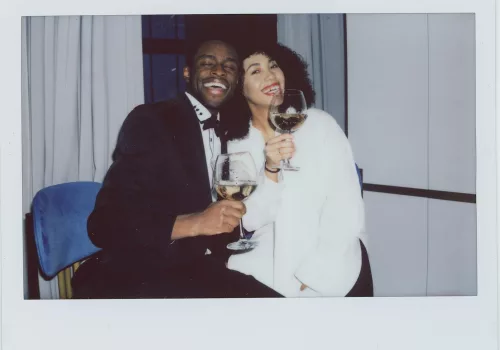Planning a wedding is an exciting journey, and making sure it reflects your personal style can transform it into a truly memorable event. It’s all about blending your unique tastes and preferences with the celebration of love. Let’s dive deeper into how you can make your wedding genuinely yours, with practical tips, examples, and detailed guidance to ensure every aspect is a reflection of who you are as a couple.
Define Your Personal Style
Identifying your personal style is the cornerstone of planning a wedding that feels true to you. Start by considering what makes you and your partner unique. Are there particular colors, textures, or themes you gravitate towards in your daily life? Perhaps you both share a love for vintage aesthetics or have a shared hobby like hiking or cooking that could inspire your theme.
Explore Your Interests
Spend some time reflecting on your interests and how they could be incorporated into your wedding. For instance, if you’re both avid readers, you might use books as centerpieces or incorporate quotes from your favorite novels into the decor. If travel is a passion, consider a travel-themed wedding with tables named after cities you’ve visited together.
Cultural and Personal Backgrounds
Your cultural heritage can be a rich source of inspiration. For example, a couple with Indian heritage might include a traditional Sangeet, while those with Irish roots could feature Celtic music or handfasting. These elements not only honor your backgrounds but also create a meaningful experience for your guests.
Create a Mood Board
A mood board is a fantastic tool to visualize and communicate your wedding style. It’s like a scrapbook of inspiration that helps you see how different elements come together.
Gathering Inspiration
Start by collecting images, fabric swatches, and color samples that resonate with you. Websites like Pinterest are a goldmine for this. Look for pictures of flowers, table settings, dresses, and venues that capture the essence of what you want.
Sharing Your Vision
Once your mood board is complete, share it with your wedding planner, florist, and other vendors. This visual tool ensures everyone is aligned with your vision, reducing miscommunications and ensuring a cohesive look.
Choose a Signature Color Palette
Selecting a color palette is more than just picking your favorite colors. It’s about creating a mood and setting the tone for the entire day.
Consider the Season
Think about the season when planning your color scheme. Spring weddings might lean towards pastel shades, while autumn could inspire deeper, richer hues. A winter wedding might incorporate icy blues and silvers, creating a magical, frosty atmosphere.
Combining Colors
Experiment with different combinations to find what works best. Tools like Adobe Color can help you visualize how shades work together. For instance, a combination of blush pink, gold, and ivory can create a romantic and timeless look.
Personalize Your Decor
Infusing personal touches into your decor makes your wedding feel intimate and special. This is your chance to bring your personality to life in every detail.
DIY Elements
Consider crafting some of your decor items. DIY projects like handmade signs, centerpieces, or photo displays can add a personal touch and often save money. Craft stores and online tutorials can be great resources for ideas and materials.
Family Heirlooms and Monograms
Incorporating family heirlooms, such as using your grandmother’s lace tablecloth or your father’s vintage watch as part of your attire, can add sentimental value. Monogrammed napkins or custom-engraved glasses can also serve as beautiful keepsakes.
Infuse Your Cultural Traditions
Bringing cultural traditions into your wedding not only adds depth but also creates a celebration that honors your heritage.
Ceremony Traditions
Consider including traditional rituals in your ceremony. For example, a Jewish couple might include the breaking of the glass, while a Filipino wedding could feature the traditional money dance.
Reception Elements
Incorporate cultural elements into your reception with traditional foods, dances, or music. A Greek wedding could feature a bouzouki band, while an Italian wedding might offer a pasta bar with homemade sauces.
Select a Venue That Fits Your Style
Your venue is the backdrop to your celebration, so it should reflect the overall aesthetic you want to achieve.
Venue Types
Think about the type of venue that suits your style. If you love the outdoors, consider a botanical garden or a beach. For a more urban feel, a chic loft or art gallery might be perfect. A rustic barn can provide a warm, inviting atmosphere.
Venue Logistics
Don’t forget to consider logistics like guest capacity, accessibility, and amenities. A venue that matches your style but doesn’t accommodate your guest list or lacks essential facilities might not be the best fit.
Curate Your Music Playlist
Music is a powerful way to express your style and create the right ambiance for your wedding.
Ceremony Music
Choose songs that resonate with you as a couple for your ceremony. This might include instrumental versions of your favorite tracks for the processional and recessional.
Reception Playlist
Work with your DJ or band to curate a playlist that includes a mix of genres and eras that you enjoy. Consider a mix of upbeat songs for dancing and quieter tunes for dining.
Work with Vendors Who Understand Your Vision
Finding the right vendors is crucial to bringing your vision to life.
Vendor Selection
Research and interview multiple vendors to find those who understand and share your aesthetic. Look at their portfolios and read reviews to gauge their style and reliability.
Effective Communication
Clear communication is key. Share your mood board and have detailed discussions about your expectations. Regular check-ins can help ensure everything is on track.
Additional Tips for a Personalized Wedding
Invitations and Stationery
Your wedding invitations set the tone for your event. Customize them to reflect your theme, whether it’s using a specific font, style, or including a personal logo.
Wedding Attire
Choose attire that reflects your style. This could mean a non-traditional dress color or adding personal touches like custom cufflinks or a unique headpiece.
Guest Experience
Consider how your guests will experience your wedding. Personalize their experience with welcome bags that include a note from you, a map of the area, or local treats.
Food and Beverage
Offer a menu that reflects your tastes. This could mean a gourmet food truck, a dessert bar with your favorite sweets, or a signature cocktail named after your pet.
Avoiding Common Mistakes
Overcomplicating the Theme
While it’s great to have a theme, try not to overcomplicate it. Too many elements can clash and create a chaotic look. Stick to a few key ideas that represent you best.
Ignoring a Budget
Personalization can sometimes lead to unexpected costs. Keep track of your budget and prioritize where to spend. DIY projects can help save money, but also consider the time and effort involved.
Last-Minute Changes
Making changes close to the wedding date can lead to stress and confusion. Once decisions are made, try to stick to them unless absolutely necessary.
Planning a wedding that reflects your personal style is about celebrating who you are together as a couple. By focusing on the details that matter most to you and incorporating your unique tastes, your wedding will not only be a memorable event but also a true reflection of your love story.



